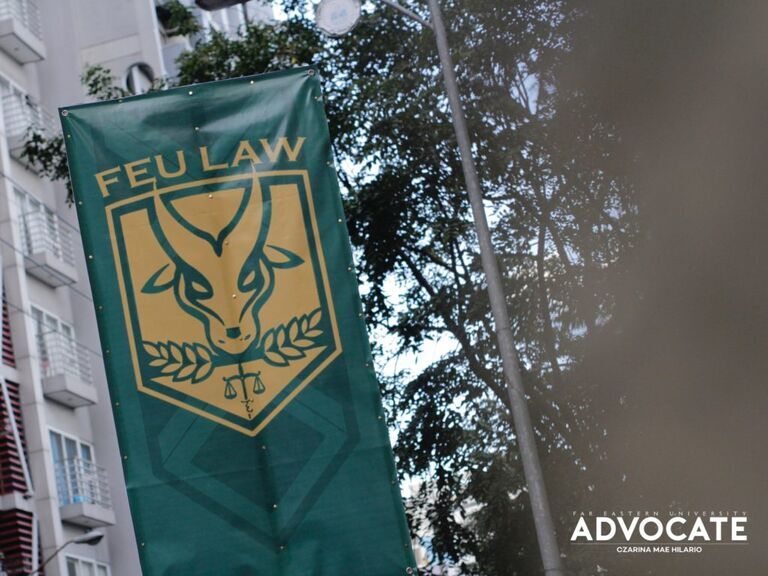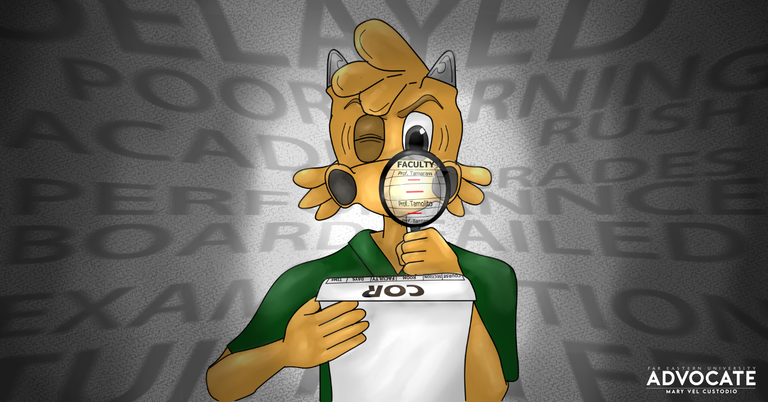
FEU extends losing skid to 5 at the hands of AdMU
- May 26, 2022 15:21
FEU Advocate
July 06, 2020 11:09

Far Eastern University (FEU) Institute of Law (IL) professors, headed by Dean Melencio Sta. Maria, filed a Petition for Certiorari to challenge the constitutionality of the newly-signed Republic Act No. 11479 or the Anti-Terrorism Act of 2020 before the Supreme Court (SC) on Monday, July 6.
On a press release, FEU Law stated that the petition seeks to question and nullify 13 provisions of the Act as it threatens to stifle various Constitutional freedoms including the freedom of speech, of expression, of the press, and of assembly.
FEU Law also urged the SC to issue a Temporary Restraining Order (TRO) and/or Writ of Preliminary Injunction that prohibits enactment of the law while the petition is still at court.
In addition, the FEU group of lawyers asserted that the immediate implementation of this Act amid the COVID-19 pandemic is “a waste of vital financial resources”.
Among the provisions in question is Section 4 that they claimed to contain a vague and “overly broad definition” of acts that fall under terrorism.
They also claimed that this section allows traditionally recognized expressions and valid criticisms against the government to be penalized.
“The general manner by which the provision is couched puts constitutionally protected speeches and expressions under a criminal class, or at least, to a suspect class,” they argued.
Furthermore, the group questioned the provisions under Sections 25 and 29 that grants warrantless arrests based on mere suspicion and prolonged detention for up to 24 days.
These sections, according to the group of lawyers, completely disregard and violate Article III, Section 2 of the 1987 Philippine Constitution that prohibits unreasonable and warrantless seizures, searches and arrests.
“The threat of arrest without a judicial warrant and prolonged detention would be more than chilling enough to stifle, suppress, if not totally snuff out, any fire, flame, or even flicker, of indignation or protest against government corruption, oppression, and abuse,” they added.
Moreover, as members of the academe, the FEU Law professors pointed out that the Act may infringe academic freedom as it interferes and restricts academic institutions on teaching and discussing expression of dissent towards the government.
They believe that “valid criticisms are neither terroristic activities nor viruses that destroy the fabric of democracy”, however, such acts are punishable under the new law.
Among the FEU Law petitioners are Dean Melencio S. Sta. Maria, Eirene Jhone E. Aguila, Gideon V. Peña, Michael T. Tiu, Jr., Francis Euston R. Acero, Paul Cornelius T. Castillo and Eugene T. Kaw.
As of posting, the said law has already received four petitions before the SC. President Rodrigo Duterte has signed into law the widely-criticized Anti-Terrorism Act on July 3, while the country is in the middle of combating a deadly pandemic.
-Janna Mae E. Bobier
File photo from Salubong - 2019 Bar Exams









